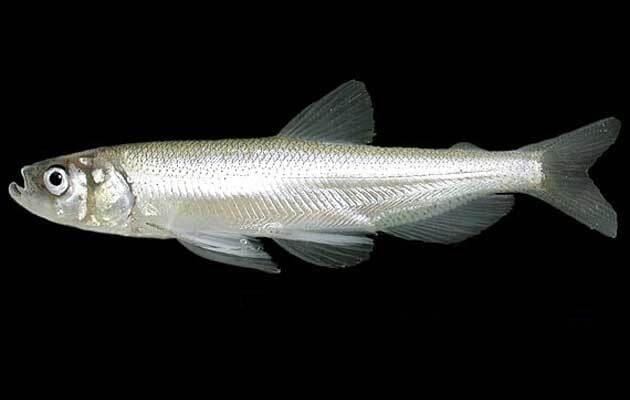House Republicans Pass Bill to Repeal Endangered Species Listing for Longfin Smelt
Three Democrats, including Jim Costa and Adam Gray from California, voted for the resolution

Three Democrats, including Jim Costa and Adam Gray from California, voted for the resolution


The controversy comes at a sensitive time for CBS News

Despite what cartoons suggest, electricity does not make the skeleton visible!

The salmon were no longer able to make the migration up the creek to their historic habitat after the Monticello and Putah Diversion Dams were completed in 1957

Mello Roos fees are life-sustaining revenues for the city hall political hacks